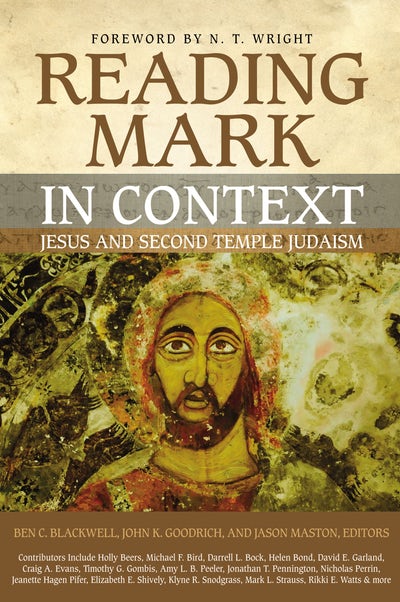As part of the start of this new semester and new year, I thought I would notify the world of a new monograph series. John Kincaid, Jim Prothro, and I are co-editing the Lectio Sacra monograph series with Cascade books. Let me offer a bit of detail and encourage you to contact one of us if you have a book that would fit:
Lectio Sacra is to be a series of monographs where close readings of biblical texts engage theological questions with interpreters both ancient and modern. The goal is to recover for the church readings that reflect the way the early Jews, Christians, and early theologians read their scriptures as sacred texts and to utilize them for the ongoing tasks of exegesis and theology. Interpreters in antiquity, as today, came with varied presuppositions and approaches to exegesis, but they were united in their approach to Scripture as a sacred text, and they were unafraid to ask explicitly theological and transcendent questions of it. Lectio Sacra aims to follow them in this spirit of exegesis and to utilize their insights and approaches for contemporary dialogue.
Each volume will, in various ways, engage the range of interpretative history, paying particular attention to the exegetical, philosophical and theological judgments of interpreters within this tradition. Some volumes will be anchored in exegesis of the biblical text and, from that basis, engage issues of their ancient interpretation or their bearing on contemporary questions of theology, ethics, etc. Other volumes may be grounded in ancient reception of Scripture, unpacking its relevance for the ongoing task of exegesis and theology. A number of the volumes will incorporate both emphases, the exegesis and the text’s reception into a biblical-theological synthesis of a core theological question. All of the volumes will facilitate conversation about and with Scripture as a sacred text, listening closely to other readers who have done the same. The series will thus contribute to the continued conversation about the task of explicitly theological exegesis. By engaging relevant questions through text and reception, the series will also make ancient interpreters intelligible and relevant for today’s readers.
In sum, this series will not simply contribute to ongoing debates but offer an integration of exegesis and the theological task that will make a real contribution to the world of contemporary biblical and theological scholarship. In short, this series will attempt to model what it entails to be a “master of the sacred page” in the 21st century.
Managing Editors:
John Kincaid (University of Mary)
Ben Blackwell (Houston Theological Seminary)
Jim Prothro (Augustine Institute)
Editorial Board:
Jason Byassee (Vancouver School of Theology)
Michael Gorman (St. Mary’s Seminary and University)
Jennie Grillo (Notre Dame)
Matthew Levering (University of Saint Mary of the Lake)
Isaac Morales (Providence College)
Lucy Peppiatt (Westminster Theological Centre)











You must be logged in to post a comment.